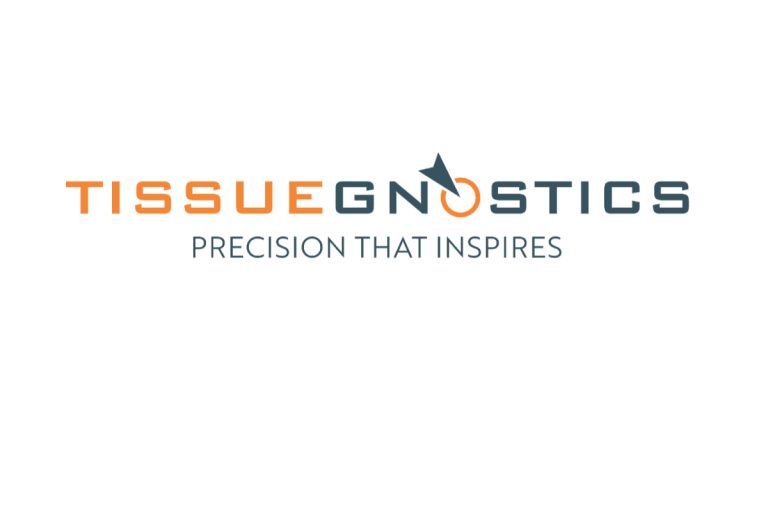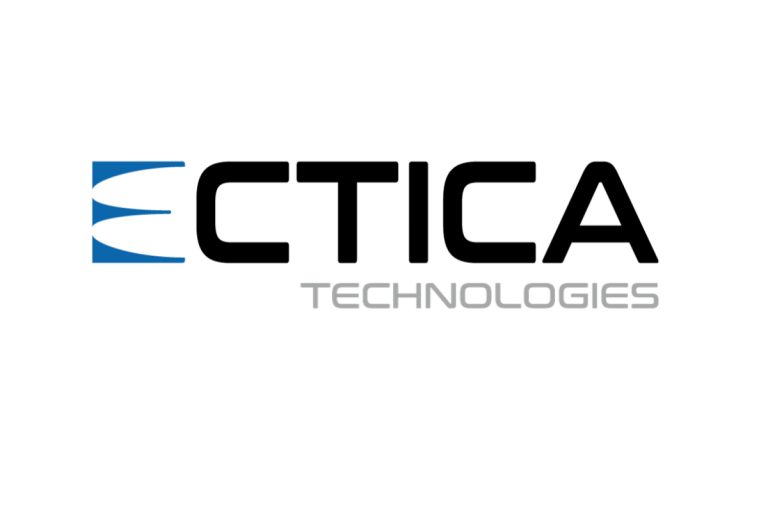Personalised Medicine and AI: Transforming the Pharmaceutical Industry
The potential achievements of personalised medicine and AI in pharma are vast and varied. But moving closer to transforming pharmaceuticals and healthcare from a reactive system to a proactive one, where diseases are prevented before they occur and treatments are tailored to individual patients for the best possible outcomes, could be the biggest shake-up the industry has seen since the discovery of Penicillin by Alexander Fleming in 1928. Personalised medicine and AI in pharma represent a major shift in the way medicine is practiced and drugs are developed.
Reaching a new milestone in the pharma industry
The discovery of antibiotics in the early 20th century revolutionised medicine by providing effective treatments for bacterial infections, and it led to the development of numerous life-saving drugs. Other key milestones in pharma, like the development of vaccines, the introduction of Insulin for treating Diabetes in 1922, the first oral contraceptive pill approval in 1960, the approval of Statins in 1987 as a treatment for high cholesterol, and even the more recent emergence Biologic drugs, may not have the same impact as the adoption of AI-powered targeted treatments.
By contrast to all key milestones thus far, personalised medicine offers a brand new approach to treatment that takes into account the unique genetic, environmental, and lifestyle factors of each individual patient. This approach has the potential to drastically improve the efficacy of treatments and reduce the risk of adverse side effects, while also potentially reducing healthcare costs by avoiding unnecessary treatments.
Accelerating all aspects of drug development
Furthermore, the development of personalized medicine is being fueled by the rapid advancements in AI, genomics, and other technologies, which are enabling researchers, scientists, and clinicians to analyse vast amounts of data and develop much more precise treatments. AI is being used to identify new drug targets based on the patient’s genetic and molecular profile. Pharmaceutical companies may be able to develop drugs that are more targeted and effective and reduce the time and costs of drug development.
In drug discovery, which is traditionally a complex and challenging process, there are many obstacles that researchers and pharmaceutical companies must overcome in order to develop new drugs. The success rate of drug discovery is low, with only a small percentage of drugs that enter clinical trials ultimately being approved by regulatory agencies. Drug discovery is also a highly expensive process, with some estimates suggesting that it can cost up to $2.6 billion to bring a single drug to market.
Overcoming traditional obstacles
Today, AI is already being used to analyze large amounts of data and identify potential drug candidates more quickly and accurately than traditional methods. This approach speeds up the drug discovery process and reduces the costs of research and development.
By leveraging the power of AI technologies, researchers are able to identify new drug targets, design new compounds, predict drug efficacy and safety, and accelerate clinical trials, ultimately leading to the reduction of the risk of failure, lower costs and a much faster drug development process for a wide range of diseases and conditions.
Entering a new era with personalised medicine and AI
Advancements in technology and data analysis have made personalized medicine a rapidly growing field, with many pharmaceutical companies investing heavily in this area.
In an article published in Fortune, on October 4, 2018, titled “The Future of Health: Personalized Medicine” by Albert Bourla, CEO of Pfizer, he stated:
“The future of medicine is one in which we will be able to use data and analytics to individualize treatment plans for each patient. We will know their genetics, their history, their environment and will be able to tailor therapies that address their specific needs. This will be a major leap forward for public health and will allow us to improve health outcomes in a way that was once unimaginable.”
Similarly, Vas Narasimhan, CEO of Novartis, commented on personalised medicine, in the Forbes article, September 13, 2019, “The Future of Medicine: How Personalized Medicine is Changing Healthcare”, that:
“Medicine is now entering a new era, in which treatments will be tailored to individuals based on their unique biology. This shift to personalized medicine has the potential to revolutionize healthcare, enabling us to treat diseases more effectively and efficiently than ever before.”
Whilst the discovery of antibiotics was a transformative moment in medicine, personalized medicine has the potential to be an even more significant development, transforming the pharmaceutical industry and improving patient outcomes in ways that were previously inconceivable.
Recommended Companies
More Headlines







